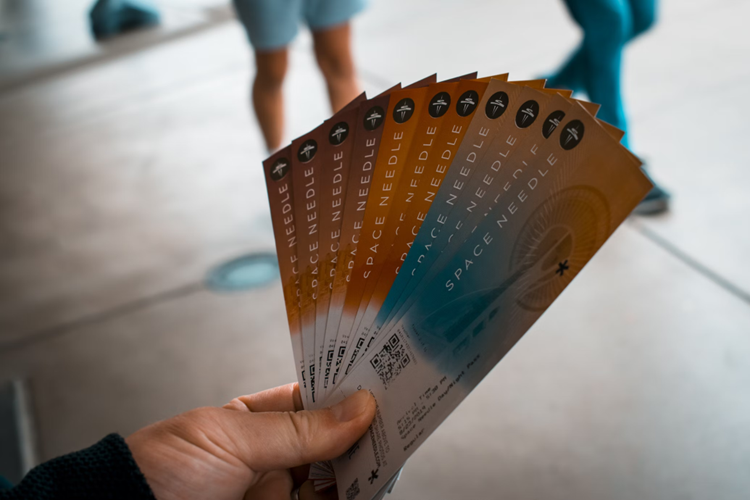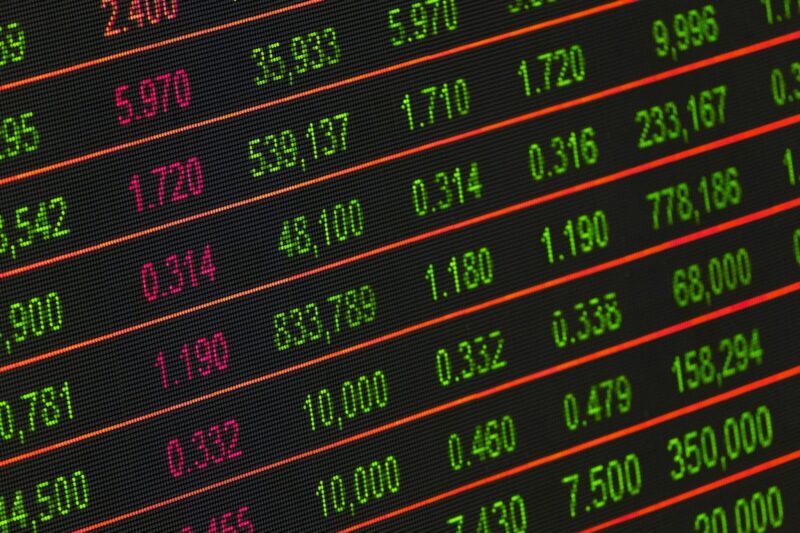
Blockchain technology has brought us many wonders, from cryptocurrencies to safer and more transparent ways to move our financial interests, plus novel and intriguing ways to invest. Novel and varied uses appear all the time, including those dedicated to entertainment and the pursuit of leisure, helping to facilitate the things we most enjoy and to discover creative new experiences.
Gaming With Benefits
As the fastest-growing entertainment segment in Australia, people rarely need any incentives to play games in the digital era. However, blockchain concepts are being welcomed in online gaming and across varied niches and spheres of influence.
For gaming in the context of wagering and betting, casino bonuses evaluated by GambleOnlineAustralia indicate people are increasingly using cryptocurrencies whilst also being drawn to the added security of blockchain technology. Both are clearly adding to entertainment value and safety, improving the overall experience.
Likewise, massively multiplayer online games (MMOs) are embracing the blockchain concept, finally allowing players to have true ownership of their in-game assets. One of the most popular blockchain MMOs is Decentraland, the open-world VR game using blockchain to create a sustainable decentralized in-game economy.
Improving Events Ticketing
Blockchain can be used to create secure and transparent ticketing systems. Artists and event organizers in Australia can use blockchain to issue digital tickets, reducing fraud and price scalping while enabling easy and fluid resale.
Optimizing the resale process was highlighted in detail by AmazonWebServices recently, as they provided examples of how blockchain is already improving events ticketing. This included the option to issue tickets as NFTs, the use of common pricing frameworks, plus the deployment of smart contracts between vendors and consumers.
Many of these useful blockchain uses could seriously improve event ticketing, especially within the resale market. One of the biggest issues has been the bulk purchasing of tickets, often by large companies or bots, which then seek to generate huge profits after creating demand that has been artificially inflated. Blockchain will contribute to reducing this problem.
Digital Asset Appreciation
Over the last several years, Non-Fungible Tokens (NFTs) have risen to prominence and popularity. Tied to blockchain technology, NFTs have been used to tokenize a wide range of digital assets, ranging from art and collectibles, music and videos, virtual goods, and much more.

But aside from being digital assets for trade or investment, art and creativity are the NationalNFT focus, which is the Australian National NFT Gallery and among the first of its kind in the world. Their aim is to connect arts to the world of technological innovation, acting as a platform for curators and exhibitors and establishing a bridge between creators and blockchain enthusiasts.
<iframe width=”560″ height=”315″ src=”https://www.youtube.com/embed/dV7pgehC8ng?si=75KyMW9P0QzeplH1″ title=”YouTube video player” frameborder=”0″ allow=”accelerometer; autoplay; clipboard-write; encrypted-media; gyroscope; picture-in-picture; web-share” allowfullscreen></iframe>
To date, the most expensive NFT ever sold was Pak’s “The Merge” in 2021, when almost 30,000 collectors joined forces, paying the equivalent of $148 million AUD for this digital artwork. Despite the ludicrous price, the true value of NFT artwork will be in the eyes of the beholders, given that viewing and appreciating art remains a cherished pastime.



